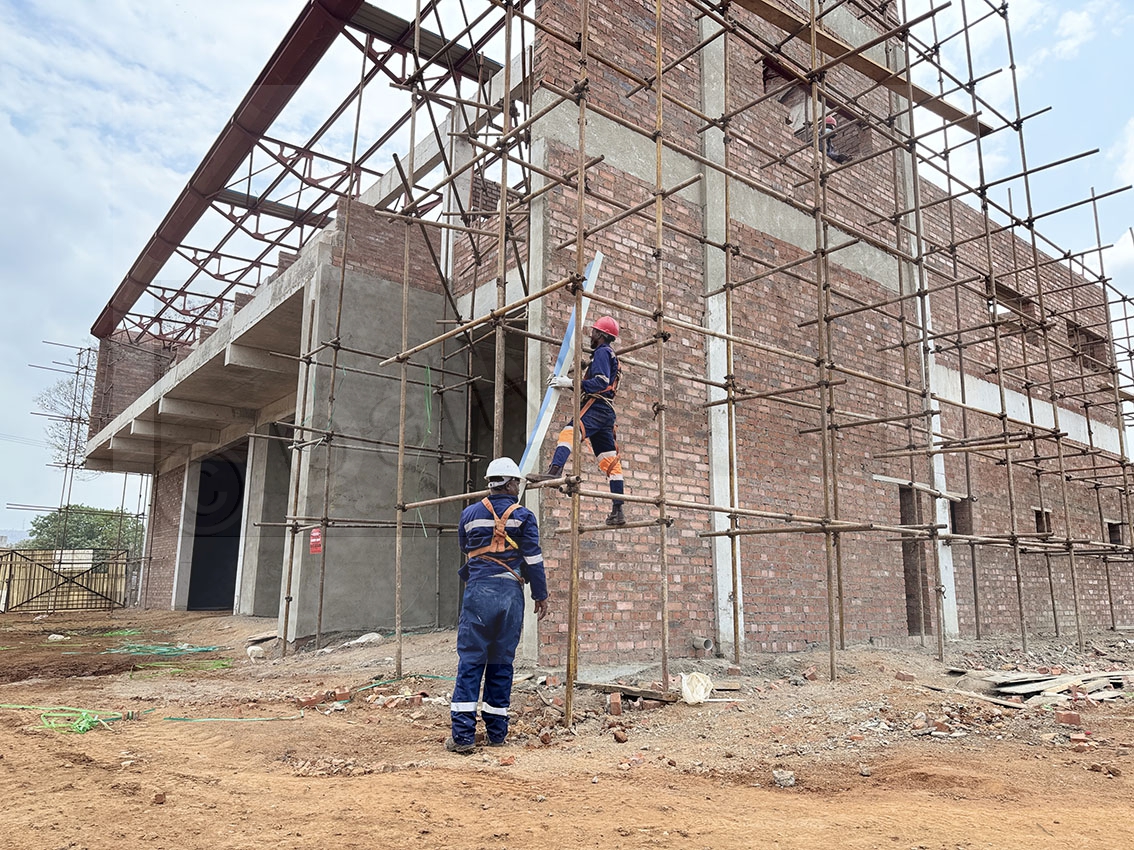Harmonise laws to grow informal sector - stakeholders
21 Aug 2022
Stakeholders have called for harmonisation of laws and regulations to enable the informal sector to thrive.
The informal sector has been described as critical to economic growth.
Representatives of different organisations made such remarks during a dialogue meet organised by Botswana Association of Local Authorities (BALA) in collaboration with United Nations Development Programme (UNDP) and Maun Administrative Authority recently.
While they appreciated the purpose of regulations, speakers complained that at times the legalisation acted as stumbling block, thus hindering growth of the sector.
BALA chief executive officer, Mr Steve Pheko, said it was important to break the silo mentality noting that stakeholders could easily address issues affecting the informal sector if they worked as a unit.
“It is critical to bring all stakeholders on board even those who do not provide service to strike a balance because we all want to contribute to advance the economy,” he added.
He said working together would make it easy to create an enabling environment for those in the sector, revealing that it was critical to nurture the sector to high economy as it propelled the country to be where it was since independence.
A lot of Batswana, Mr Pheko said, were engaged in the sector and had gained critical skills, adding it was the role of the stakeholders to ensure that the sector thrived.
Mr Brown Sethapelo from department of education concurred that the sector needed to be supported as it was also contributing to poverty eradication.
He said people in the sector were in it to fend themselves and their families, adding in the proceess they contributed to development of the country.
“If these people stop selling, the economy will be diverted and eventually collapse,” he added.
Principal bye-law officer, Mr Tumelo Matome, noted that at times the council found it difficult to implement regulations because some ministries facilitated the informal sector without considering laid down bye-law regulations.
He cited the Youth Development Fund, which he said continued to fund mobile kitchens, whilst the council, as implementing body, did not have licences for such projects.
He wished that associations within the sector could be capacitated so that they could challenge impeding regulations.
Mr Thatayone Mmapatsi from Botswana Tourism Organisation (BTO) noted that capacity building to those in the informal sector on the importance of regulations was critical.
As much as the regulations were meant to facilitate, he believed that the regulations should be consistent with daily activities because trends were changing while the laws were behind.
“It is important to facilitate those in the informal sector to catch up with the changing trends,” he added.
UNDP technical officer, Ms Kefhilwe Mokotedi, said the objective of the dialogue was to bring stakeholders under one roof to discuss how best they could support the informal sector.
The dialogue, she said, was part of the Informal Sector Recovery Plan, which sought to provide mechanism for the informal sector businesses to respond to the effects of COVID 19 pandemic.
She said it was important for stakeholders to come up with short and long term interventions addressing challenges which compromised informal sector growth. ENDs
Source : BOPA
Author : Esther Mmolai
Location : MAUN
Event : Dialogue meet
Date : 21 Aug 2022





